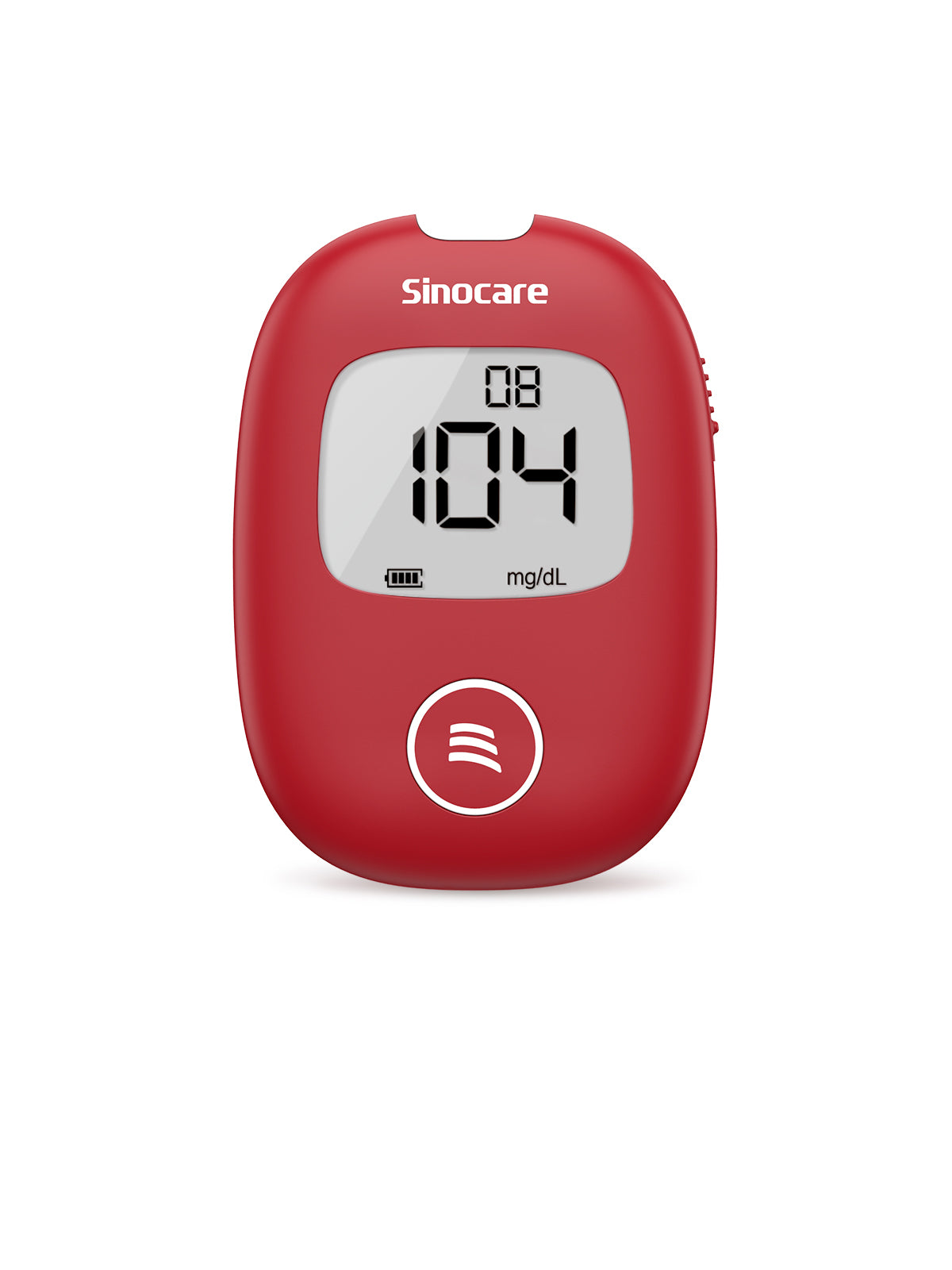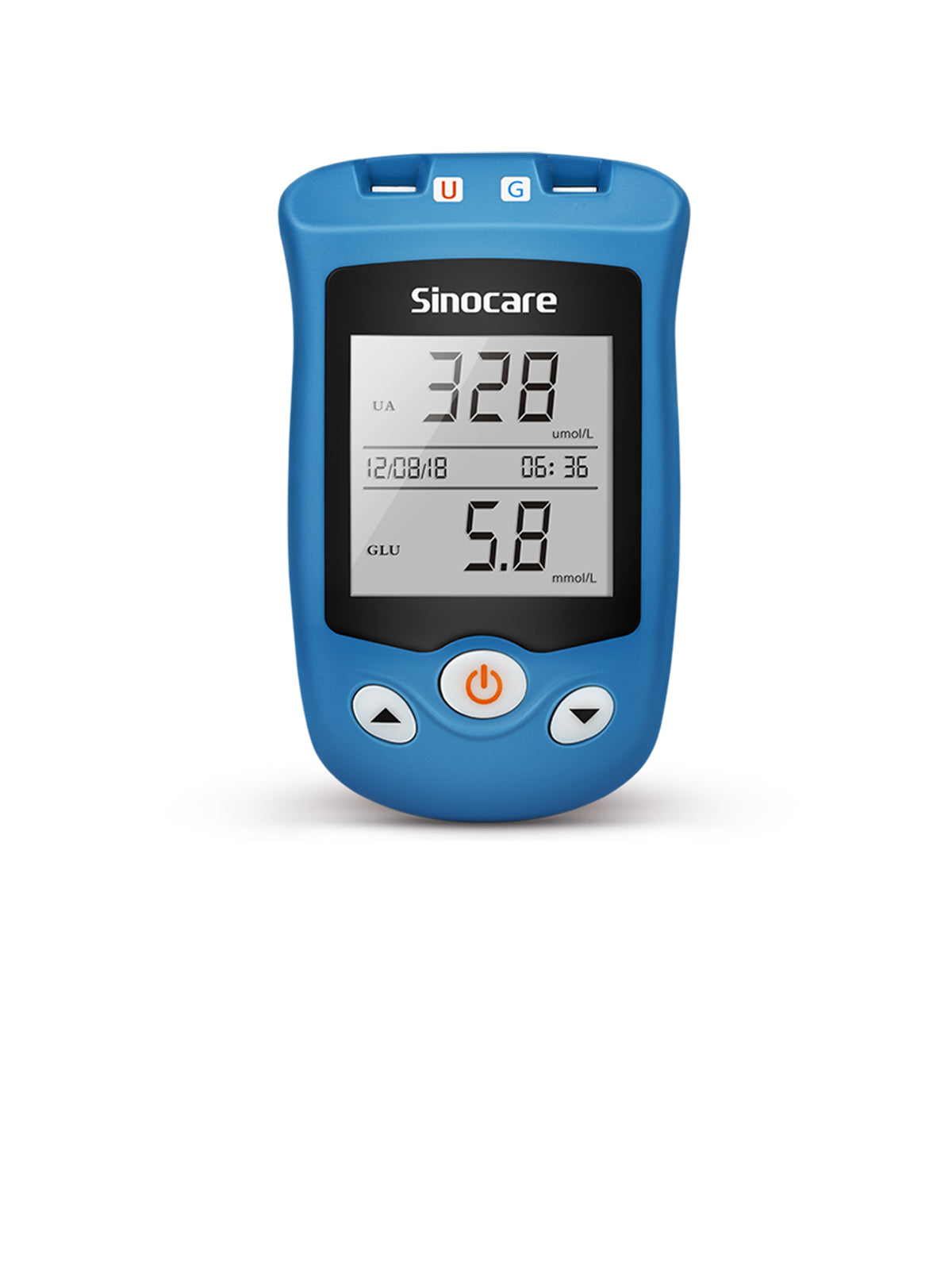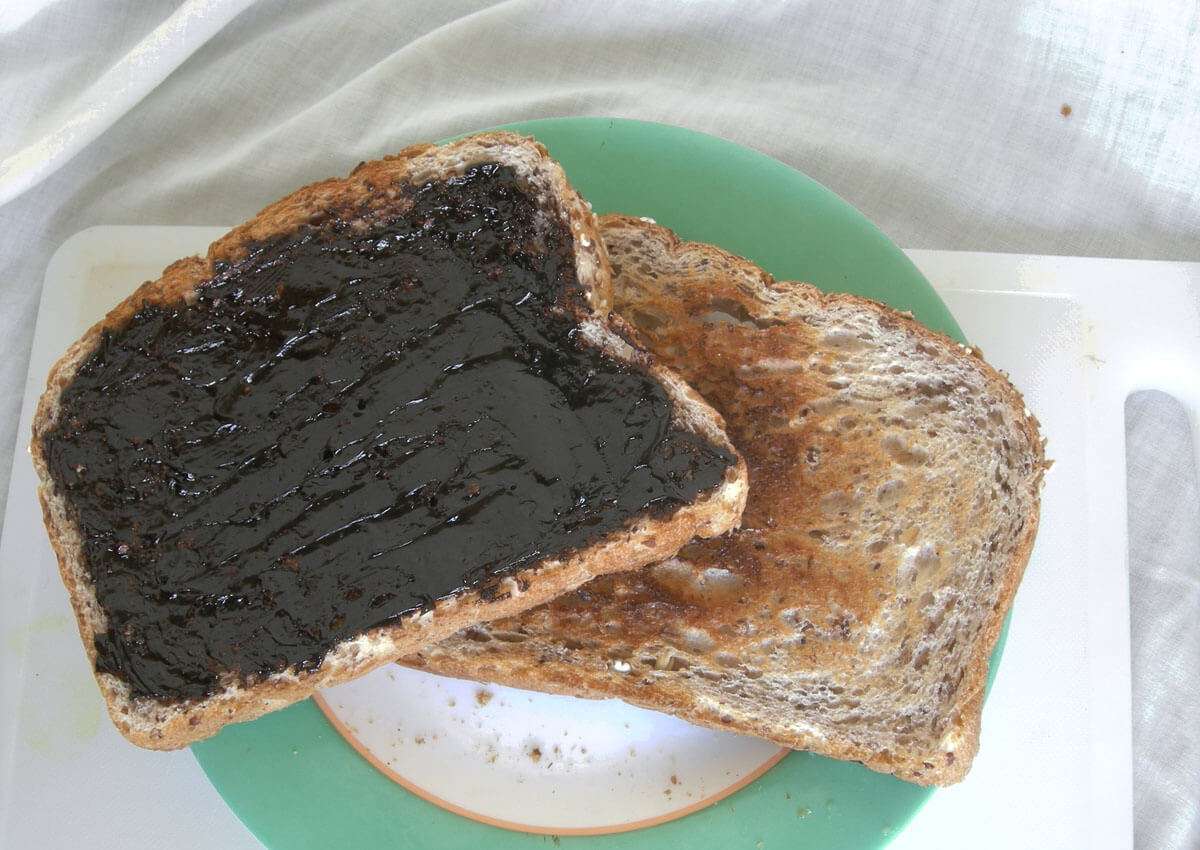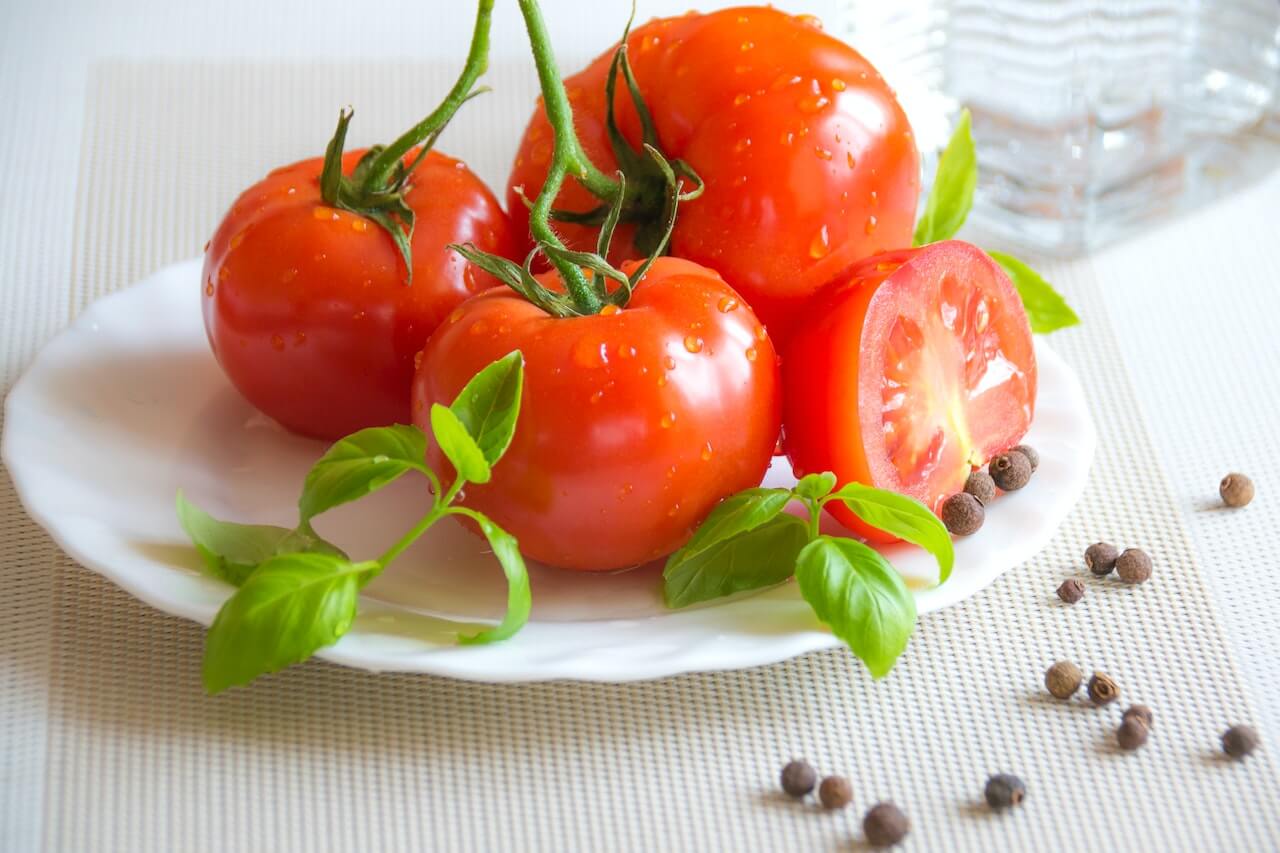This savory spread is a British classic, made from yeast extract and a by-product of beer brewing. Invented by the German scientist Justus von Liebig, Marmite is a vegan source of B vitamins, including supplemental vitamin B12 [1], Slathered on toast or used in cooking. Marmite enriches the taste of your meal.
But is it also good for diabetics?
Let's find out.
Nutrition Facts of Marmite
Marmite is a low-calorie, low-fat, and low-carb food with a high concentration of vitamins and minerals, particularly vitamin B12. [2]
Did you know that a single tablespoon of Marmite (6 g) contains approximately 11 calories, almost 1.5 g of protein, 0 g of fat, and provides your body with a full day's supply of riboflavin (vitamin B2) and thiamin (vitamin B1), and 50% of the recommended daily intake of niacin (vitamin B3)?
Marmite is also a low-carb food with a small number of carbohydrates, approximately 1.2 g per teaspoon. [2][3]

Carbs in Marmite
Carbohydrates can impact blood sugar levels, making it an important consideration for people with diabetes. Lucky for us, Marmite contains only a small amount of carbohydrates – approximately 1.2 g per teaspoon. [2]
Not only that, there are no additional added sugars in Marmite; the small amount of carbohydrates comes from naturally occurring sugars in the yeast extract and the malt extract used in its production. However, it's worth noting that Marmite may still impact blood sugar levels and should be consumed in moderation by individuals with diabetes. [2][4]
Benefits of Vitamin B (in Marmite) for Diabetics
Marmite is known for its high content of Vitamin B, a group of water-soluble vitamins that play important roles in various physiological functions in the body and could potentially also benefit those with diabetes. [2][4]
In a consensus report on nutrition therapy for adults with diabetes or prediabetes, it was found that a nutrient-dense diet, which includes vitamins and minerals, is an essential component of diabetes management. [4]
Specifically, B vitamins, including B1, B2, B3, B6, and B12, were highlighted as having potential benefits for people with diabetes. [4]
Vitamin B1 was shown to improve glucose metabolism and neuropathy symptoms, while vitamin B2 may help reduce the risk of diabetic complications. Vitamin B3 has been shown to improve glycemic control and reduce the risk of cardiovascular disease in people with diabetes. [5]
Studies have also shown that diabetic patients often have lower levels of vitamins B1 and B6 in their plasma, leading to deficiencies that can contribute to complications such as abnormal glucose intolerance and impaired glucose synthesis. [5]
Vitamin B-rich foods such as Marmite have been shown to improve plasma vitamin levels in diabetic patients, reducing their insulin requirements and potentially improving their vascular complications. [5]
Side Effects of Marmite with Diabetes
While Marmite is generally considered safe for people with diabetes to consume in moderation, there are some potential side effects to be aware of. Marmite contains a high concentration of sodium, which can increase blood pressure and exacerbate other health conditions, such as kidney disease or heart failure. It is recommended that people with diabetes limit their sodium intake to less than 2,300mg per day. [6]
Additionally, as discussed above, Marmite does contain a small amount of sugar, which can still impact blood sugar levels.
Eating Advice
For people with diabetes who enjoy Marmite, it is recommended to consume it in moderation and to factor in the carbohydrate and sodium content when planning meals. Marmite can be used as a condiment or spread and can add flavor to a variety of dishes. It is important to read the nutrition label and choose Marmite products with no added sugar or lower sodium content.
Another consideration is to pair Marmite with other low glycemic index foods to help manage blood sugar levels. Some good options include whole-grain bread, avocado, tomatoes, and eggs.
Here are a few ideas for diabetic-friendly Marmite combinations:
- Marmite and avocado toast: Toast a slice of whole-grain bread, top with sliced avocado, and spread a thin layer of Marmite on top.
- Marmite and tomato omelet: Beat two eggs in a bowl, pour into a hot non-stick pan, and cook until the edges start to set. Add sliced tomatoes and a thin layer of Marmite to one half of the omelet, then fold the other half over and continue cooking until the eggs are set.
- Marmite and vegetable stir-fry: Cut up your favorite low-glycemic-index vegetables (such as broccoli, peppers, and onions) and stir-fry in a small amount of olive oil. Add a small amount of Marmite for flavor and serve over brown rice.
Finally, here is a recipe for a delicious and diabetic-friendly Marmite soup:
| Ingredients | Instructions |
|---|---|
| 1 tablespoon of olive oil | Heat the olive oil in a large pot over medium heat. |
| 1 onion, chopped | Add the onion and garlic and sauté until translucent. |
| 2 garlic cloves, minced | Add the carrots, celery, and thyme and cook until the |
| 2 carrots, diced | vegetables are slightly tender. |
| 1 teaspoon dried thyme | Pour in the vegetable broth and bring to a simmer. |
| 4 cups low-sodium vegetable broth | Stir in the Marmite until it dissolves. |
| 1 tablespoon Marmite | Simmer the soup for 15-20 minutes until the vegetables are soft. |
| Salt and pepper to taste | Season with salt and pepper to taste. |
| Fresh parsley for garnish | Garnish with fresh parsley. |
This savory Marmite soup is a perfect match for those with diabetes, as it's low in carbs and loaded with veggies. It swaps chicken broth for low-sodium vegetable broth, which helps to control blood pressure, a crucial aspect for people with diabetes.
The veggies provide fiber, vitamins, and minerals that help regulate blood sugar levels and reduce the risk of diabetes-related complications. Plus, Marmite adds a tasty punch without any additional carbs or sugar.
As per the Standards of Medical Care in Diabetes, a diet rich in veggies, lean protein, whole grains, and healthy fats can improve blood sugar control and overall health for diabetics. This Marmite soup ticks all the boxes and can be a nourishing and satisfying meal for people with diabetes. [6]
FAQ
As with any food or supplement, there may be questions about the effects of Marmite on specific health conditions, including diabetes. Here are some commonly asked questions:
Does Marmite Lower Blood Pressure?
While there are scientific suggestions that consuming foods high in vitamin B12, such as Marmite, may help lower blood pressure, it's important to note that Marmite itself contains high levels of sodium. Sodium is known to increase blood pressure, so consuming too much of it may have the opposite effect.
One study published in the Journal of Hypertension found that consuming vitamin B12 along with folate and B6 reduced blood pressure in people with hypertension. However, the study participants received vitamin B12 in supplement form rather than from Marmite or other food sources. [7]
It's also worth noting that consuming Marmite in moderation as part of a balanced diet is unlikely to have a significant impact on blood pressure.
However, people with high blood pressure or those at risk of developing it should be mindful of their sodium intake and limit their consumption of salty foods, including Marmite. [8]
Is Marmite Fattening?
While Marmite on its own is not considered a high-calorie food, it is often consumed with high-calorie foods like bread or crackers, which can contribute to weight gain if not eaten in moderation. The key to enjoying Marmite without worrying about weight gain is to be mindful of portion sizes and the foods you pair it with.
One way to enjoy Marmite without consuming too many calories is to pair it with healthy foods. For example, you can add a small amount of Marmite to a salad dressing or vegetable dip. You can also spread a thin layer of Marmite on top of whole grain crackers or rice cakes for a satisfying snack that won't sabotage your weight loss goals.
It's also important to be aware of the amount of Marmite you consume. While Marmite is relatively low in calories, a little goes a long way in terms of flavor. Using too much can result in an overly salty taste, and consuming too much salt can lead to water retention and bloating. A good rule of thumb is to start with a small amount and adjust the serving size to taste.
Can I eat Marmite with Gestational Diabetes?
There is no clear evidence to suggest that Marmite is harmful for those with gestational diabetes. However, it is important to consult with a healthcare professional and follow a balanced diet plan to manage blood sugar levels during pregnancy.
Final Thoughts
In conclusion, incorporating Marmite into your diet can be a healthy choice for individuals with diabetes, thanks to its high vitamin B content and low sugar and fat content.
However, it is crucial to consume it in moderation and alongside a balanced diet and regular exercise routine.
So, if you're looking to add a flavorful and nutritious spread to your diet, consider giving Marmite a try! Just remember to keep portion sizes in check and balance it with other healthy foods.
Your taste buds and your health will thank you.
References
- Is Marmite Vegan? | VeganFriendly.org.uk. Accessed May 1, 2023. https://www.veganfriendly.org.uk/is-it-vegan/marmite/
- FoodData Central. Accessed May 1, 2023. https://fdc.nal.usda.gov/fdc-app.html#/food-details/1103595/nutrients
- Government Dietary Recommendations Government recommendations for energy and nutrients for males and females aged 1-18 years and 19+ years. Published online 2016. Accessed May 1, 2023. www.gov.uk/phe
- Evert AB, Dennison M, Gardner CD, et al. Nutrition Therapy for Adults With Diabetes or Prediabetes: A Consensus Report. Diabetes Care. 2019;42(5):731-754. doi:10.2337/DCI19-0014
- [Diabetes and vitamin levels] - PubMed. Accessed May 2, 2023. https://pubmed.ncbi.nlm.nih.gov/10540887/
- Committee ADAPP. 5. Facilitating Behavior Change and Well-being to Improve Health Outcomes: Standards of Medical Care in Diabetes—2022. Diabetes Care. 2022;45(Supplement_1):S60-S82. doi:10.2337/DC22-S005
- Tamai Y, Wada K, Tsuji M, et al. Dietary Intake of Vitamin B12 and Folic Acid Is Associated With Lower Blood Pressure in Japanese Preschool Children. Am J Hypertens. 2011;24(11):1215-1221. doi:10.1038/AJH.2011.133
- Chiavaroli L, Viguiliouk E, Nishi SK, et al. DASH dietary pattern and cardiometabolic outcomes: An umbrella review of systematic reviews and meta-analyses. Nutrients. 2019;11(2). doi:10.3390/NU11020338










Leave a comment
All comments are moderated before being published.
This site is protected by hCaptcha and the hCaptcha Privacy Policy and Terms of Service apply.